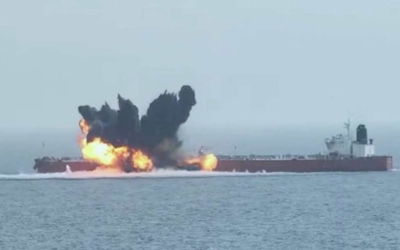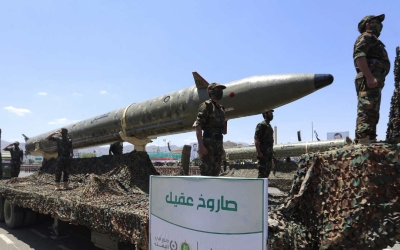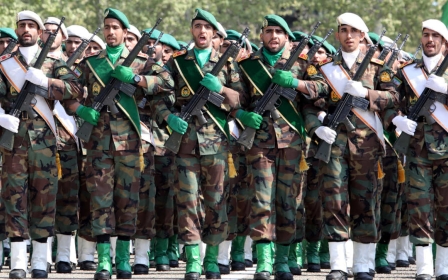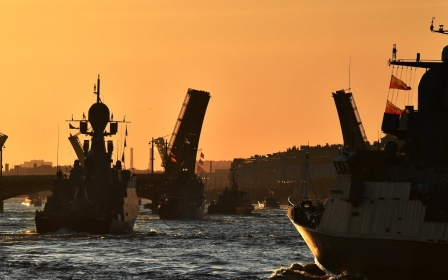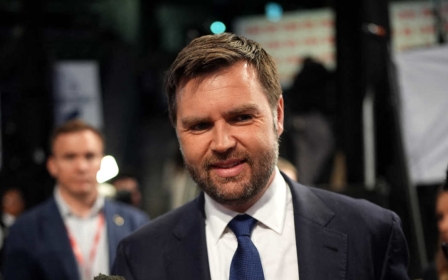Putin played double game with Israel over Syria, Trump's former national security advisor says
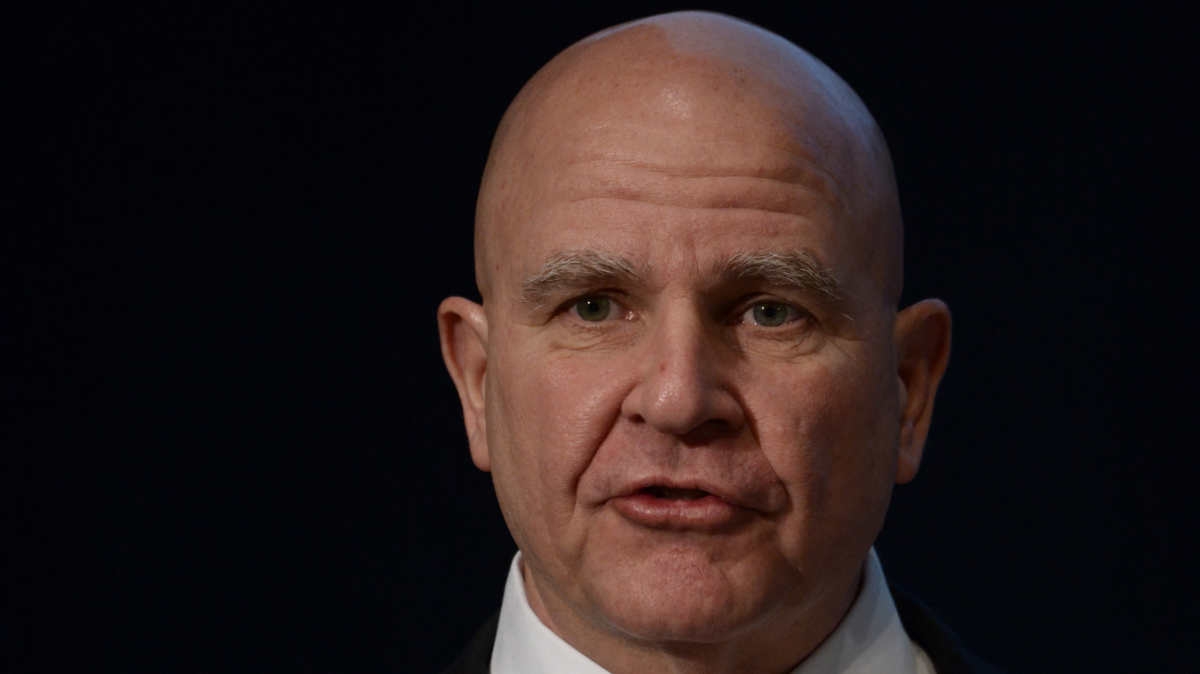
Russia's President Vladimir Putin promised Israeli and Arab leaders he could curtail Iran’s influence in war-torn Syria, according to a new book by Donald Trump’s former national security advisor, HR McMaster.
McMaster describes how he warned Israeli Prime Minister Benjamin Netanyahu that Russia was playing “a bait and switch” game with Israel, promising to restrain Iran’s proxies in Syria, according to excerpts from his new book, At War With Ourselves: My Tour of Duty in the Trump White House.
“Putin poured fuel on the flames of war and supported the murderous [Bashar al-] Assad regime while whispering to Israeli and Arab leaders that he promised to, over time, help diminish the influence of Iran in a post-civil war Syria,” McMaster wrote.
“Putin would never cut Iran out and Assad would never let the Iranians go.”
In one case, McMaster recalls confronting Netanyahu about his close relationship with Putin at the Munich Security Conference in 2018, where he voiced frustration at Netanyahu over his “hedging approach” to Russia.
New MEE newsletter: Jerusalem Dispatch
Sign up to get the latest insights and analysis on Israel-Palestine, alongside Turkey Unpacked and other MEE newsletters
“Prime Minister, you know that Putin is using a bait and switch - baiting you with the promise to curtail Iran’s presence and influence in Syria while actually enabling Iran’s proxies on your borders,” McMaster said he told Netanyahu, who sat next to him to confer about a speech he would give mentioning Hezbollah.
“Netanyahu smiled and said he had better return to his seat,” McMaster wrote.
Russia-Israel ties
Russia intervened in Syria's civil war in 2015. President Assad turned the tide of the war in his favour thanks to a combination of Russian air power and Iranian-backed ground forces.
Despite Putin's partnership with Iran in Syria, Netanyahu enjoyed close ties to the Russian leader.
After Russia invaded Ukraine in 2022, Netanyahu's successor, former Prime Minister Naftali Bennett, hesitated to join US sanctions against Russia.
Israel's ambassador to the US, Michael Herzog, said Israel faced "some constraints" in not pushing back against Russia more forcefully amid US pressure.
He said Israel was concerned that Moscow could use its military in neighbouring Syria to derail a long-running air campaign that Israel has waged against Iranian-backed proxies in the country. In April, Israel bombed Iran's consulate in Damascus, Syria.
"Since we often take action against Iranian military targets in Syria, and in the region, it is critical for us to maintain that freedom of action," Herzog said, adding that Moscow could "disrupt" the campaign with its air defence systems in Syria.
Israel recalibrating on Russia
McMaster writes that the Hamas-led 7 October attacks on southern Israel and Israel’s war on Gaza have changed Netanyahu’s thinking on Iran.
Russia has hosted Hamas leaders in Moscow and has moved closer to Iran, purchasing thousands of drones from the Islamic Republic.
Middle East Eye revealed in June that Putin was weighing whether or not to provide anti-ship cruise missiles to the Houthis in Yemen, but was talked out of arming the Houthis by Saudi Arabia's Crown Prince Mohammed bin Salman.
Putin dispatched Russian GRU military intelligence officers to advise the Houthis, according to a US intelligence report shared with MEE.
The Iran-aligned group has waged a war on international shipping in the Red Sea and has fired missiles and drones at Israel, in what the Houthis say is in solidarity with besieged Palestinians in Gaza.
Jerusalem embassy move
McMaster, who served as Trump’s first national security advisor, clashed with Trump on Russia, Afghanistan and North Korea. He alleged that Putin was able to manipulate Trump.
“Putin, a ruthless former KGB operator, played to Trump’s ego and insecurities with flattery.”
McMaster also found himself at odds with Trump over the former president’s decision to move the US embassy in Israel from Tel Aviv to Jerusalem.
McMaster says that Trump was influenced by Sheldon Adelson, the pro-Israel businessman who was Trump’s largest single donor. According to McMaster, Adelson, who died in 2021, told Trump that warnings the embassy move would destabilise the Middle East were “overblown”.
Trump wanted to announce his decision in 2017 on his first foreign policy trip overseas. McMaster said he learned of Trump’s plans to announce his decision in a speech at Israel’s Holocaust memorial.
McMaster argued the US could extract more concessions from Israel and Trump agreed to a six-month delay.
“Okay, General, you can take it out of the speech,” McMaster recalls Trump telling him. Trump announced the move in December 2017.
Middle East Eye delivers independent and unrivalled coverage and analysis of the Middle East, North Africa and beyond. To learn more about republishing this content and the associated fees, please fill out this form. More about MEE can be found here.


